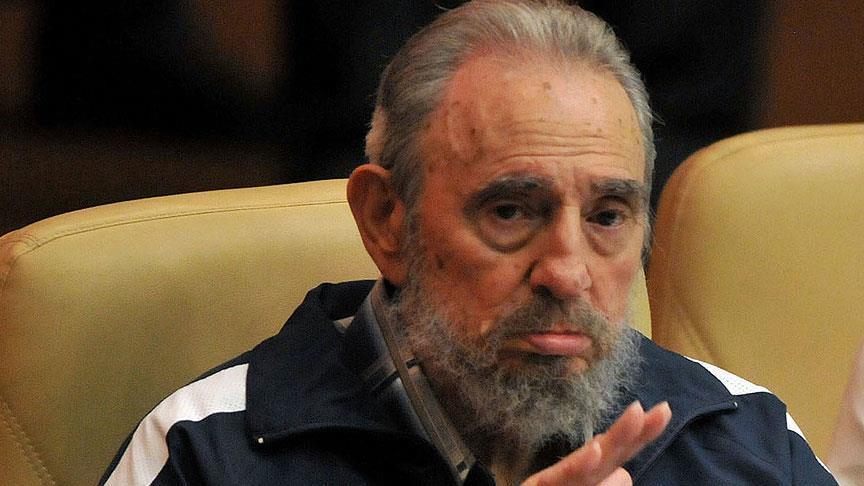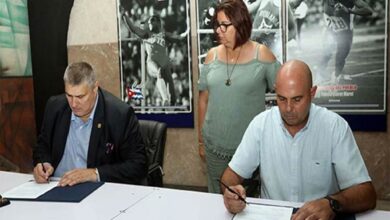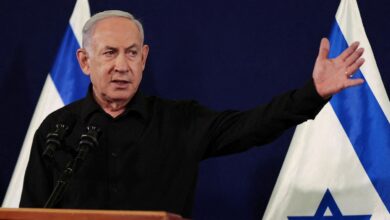
Fidel Castro, the former leader of Cuba died late Friday. Castro, Cuba’s leader of revolution, was 90.
Cuban President Raul Castro announced the death of his brother, who ruled the island nation from 1959 to 2006 before transferring his responsibilities.
A divisive and iconic figure, Castro is known to some as a champion of socialism whose revolutionary regime protected Cuba’s sovereignty in the face of American imperialism, while critics brand him a dictator with a decades-long administration plagued with human rights abuses.
Nevertheless, Castro was a time-tested, formidable leader who survived a military invasion, a full-blown international missile crisis, a withering U.S. economic embargo, and numerous assassination attempts.
In April, he delivered a rare speech during the nation’s Communist Party congress, praising his brother for his “magnificent effort” and promising victory for the Cuban people.
Castro was born Aug. 13, 1926, in the southeastern Oriente Province of Cuba.
He was imprisoned for two years for leading an abortive rebellion against the regime of dictator Fulgencio Batista in 1953.
He then launched a guerilla war against the government, eventually overthrowing Batista in 1959 and being sworn in as prime minister.
Two years later, he survived a CIA-sponsored invasion by a paramilitary group made up of 1,400 exiles who attempted to enter the country from the south coast at the Bays of Pigs.
Beginning in 1958 during the Batista regime and expanded on a few roll-outs, a comprehensive embargo was imposed by the U.S. on Cuba, crippling its economy.
To this day the embargo continues but the diplomatic ties, cut off for decades, were reestablished in 2014, along with some easing of limitations on travel and economic policies.
In 1962, the world came the closest it ever did to a nuclear war during the Cold War period after Cuba allowed the Soviet Union to deploy missiles on its soil in retaliation for a similar deployment by the U.S. in Italy and Turkey. A fortnight of fear later, the two superpowers of the time agreed to withdraw deployments and establish a nuclear hotline.
In 1976, Castro was elected President of Cuba by the parliament, in what would be a decades-long tenure.
After the dissolution of the Soviet Union in 1989, Cuba declared the dawn of the “Special Period in Time of Peace”, a euphemism for a severe economic crisis that saw one third of the country’s GDP wiped out and its petroleum imports reduced to one tenth of pre-1990 numbers.
In 1991, Cuba hosted the Pan-American Games, becoming the first Latin American country to beat the U.S. in total gold medals in what turned into an international display of the public support Castro enjoyed.
In 1992, he reached a deal with the U.S. over Cuban refugees, under which Washington would accept 3,500 Cubans. What transpired instead was more like an exodus, with tens of thousands boarding the Florida-bound boats that came from the U.S.
In 2006, Castro underwent surgery on his intestines, and delegated his presidential responsibilities to his brother Raul, who was sworn in as president in 2008.
[adrotate group=”10″]

